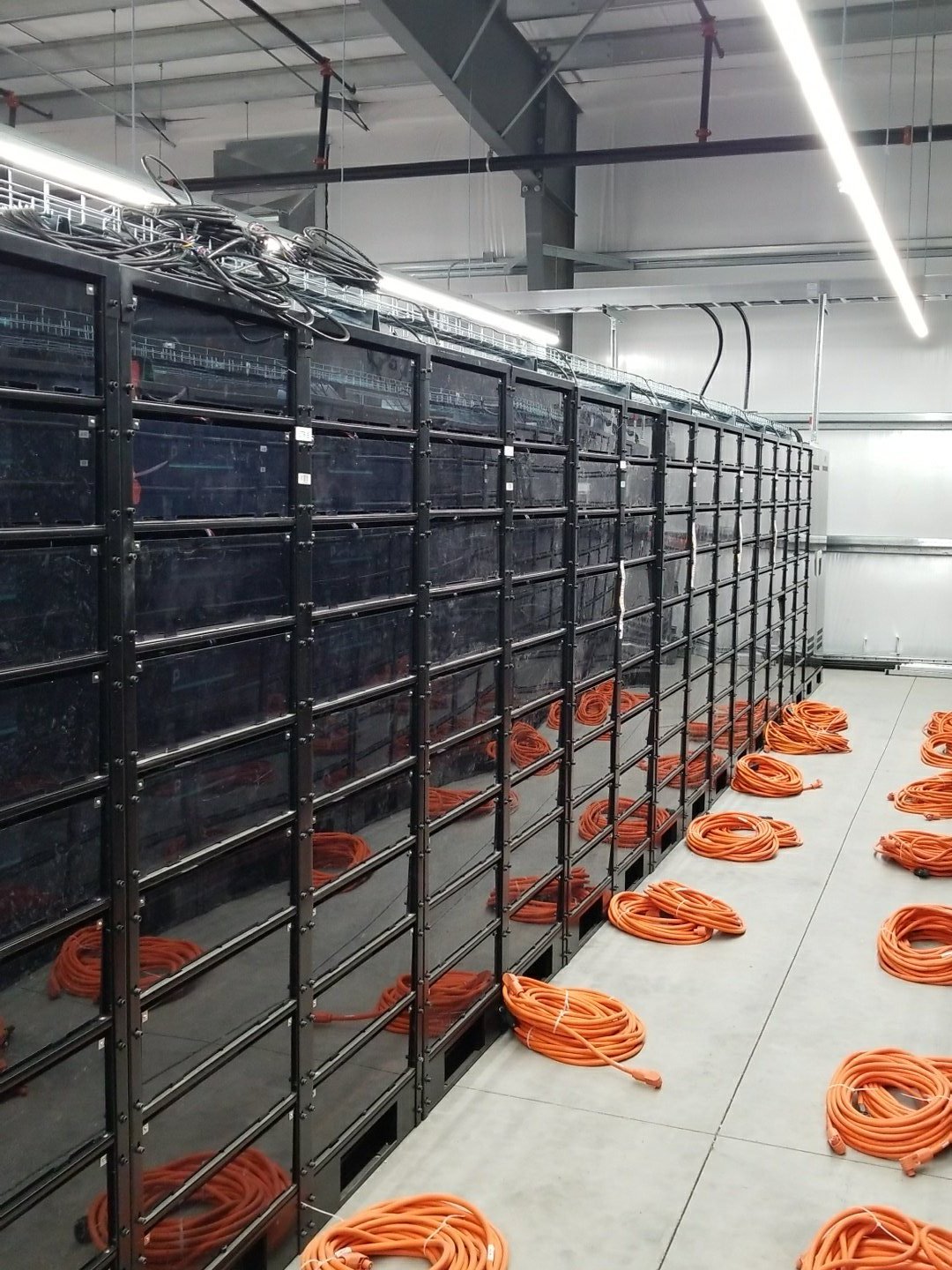
The impact on supply chains during China’s most intense period of stopping the coronavirus (COVID19) from spreading had been “substantial”, contributing to a “pretty tough time,” for Oregon, USA-headquartered energy storage system maker Powin Energy.
Danny Lu, executive VP at Powin Energy spoke to Energy-Storage.news for a wide-ranging interview on running a business manufacturing lithium-ion battery energy storage systems at the beginning of March, during which he was asked for comment on the ongoing situation around the virus. At that time, first few cases of COVID-19 had only just been recorded in the US.
“It was a pretty tough time, our supply chain team was kind of following every single vendor daily to see what their daily updates were, when they were going to get back to work, what the delivery impacts would be,” Lu said.
Try Premium for just $1
- Full premium access for the first month at only $1
- Converts to an annual rate after 30 days unless cancelled
- Cancel anytime during the trial period
Premium Benefits
- Expert industry analysis and interviews
- Digital access to PV Tech Power journal
- Exclusive event discounts
Or get the full Premium subscription right away
Or continue reading this article for free
‘Substantial supply chain impacts’
As the virus has more recently spread in the US, Danny Lu said today that Powin Energy has now imposed mandatory working from home rules and placed a pause on company travel “to do our part to slow the spread of the virus”. At the time of the original interview, he was able to give us some insight into how the company’s supply chain, which is heavily dependent on China, was affected.
“We’ve definitely had substantial supply chain impacts, ranging from right when vendors were supposed to get back from Chinese New Year, which was from the 6 February. We’ve seen about a 5-6 week total impact, since the coronavirus hit, starting the clock on February 6th, we’ve seen a five week delay from all projects that were supposed to be delivered right after Chinese New Year.”
There was “a domino effect,” according to the Powin Energy VP that followed the rules over movement from national down to local authority level. Workers could be prevented from inter-provincial travel, then from travelling between cities, and often had to serve out quarantine periods of two weeks at a time in either locations, or in combinations of quarantine locations.
“We’d be expecting everyone to start working on [a certain] date but in reality every local province had their own specific plan on how to counteract the coronavirus, borders of provinces, inner province highways had been blocked.
“We’ve had a lot of our key vendors saying the province borders have opened; then all of a sudden the city borders are closed and that was probably from the dates of 6 February all the way to 18 February or so. So there is like a domino effect in terms of when people can go back to work. Tracking that was very difficult to do because there were literally changes every day.”
For manufacturers of large-scale systems for utility-scale front-of-meter and solar-storage applications, Chinese suppliers continue to be a vital piece of the production ecosystem. An Energy-Storage.news blog published at the end of February, co-authored by Detla-ee analyst Dimitrios Pappas, highlighted the possible or likely impacts from a macro-economic perspective of the virus on supply chains, with a key point being the enormous scale of battery manufacturing and production coming out of China compared to every other part of the world at present.
Powin Energy’s suppliers include cell manufacturer CATL, which produces high volumes of lithium iron phosphate cells and is able to offer a long-term (20-year) warranty. The pair have a three-year master supply agreement for 1.85GW from 2019 to 2022, which Danny Lu said ensured that unlike some competitors, Powin had not seen supply shortages and had also been able to lock in pricing.
“We really look at CATL very highly, because they have proven that they have very high quality manufacturing, their product has very tight technical controls, they are willing to give 20-year performance guarantees on certain models of cells that they provide. Which is very monumental for the solar-plus-storage industry, where every customer with solar, [which comes with] 20-year warranties, to match up with 20-year battery warranties,” Danny Lu of Powin Energy said.
Follow read and follow live updates on our blog: ‘COVID19 and energy storage’ – we will post sparingly and will avoid any non-industry news.





